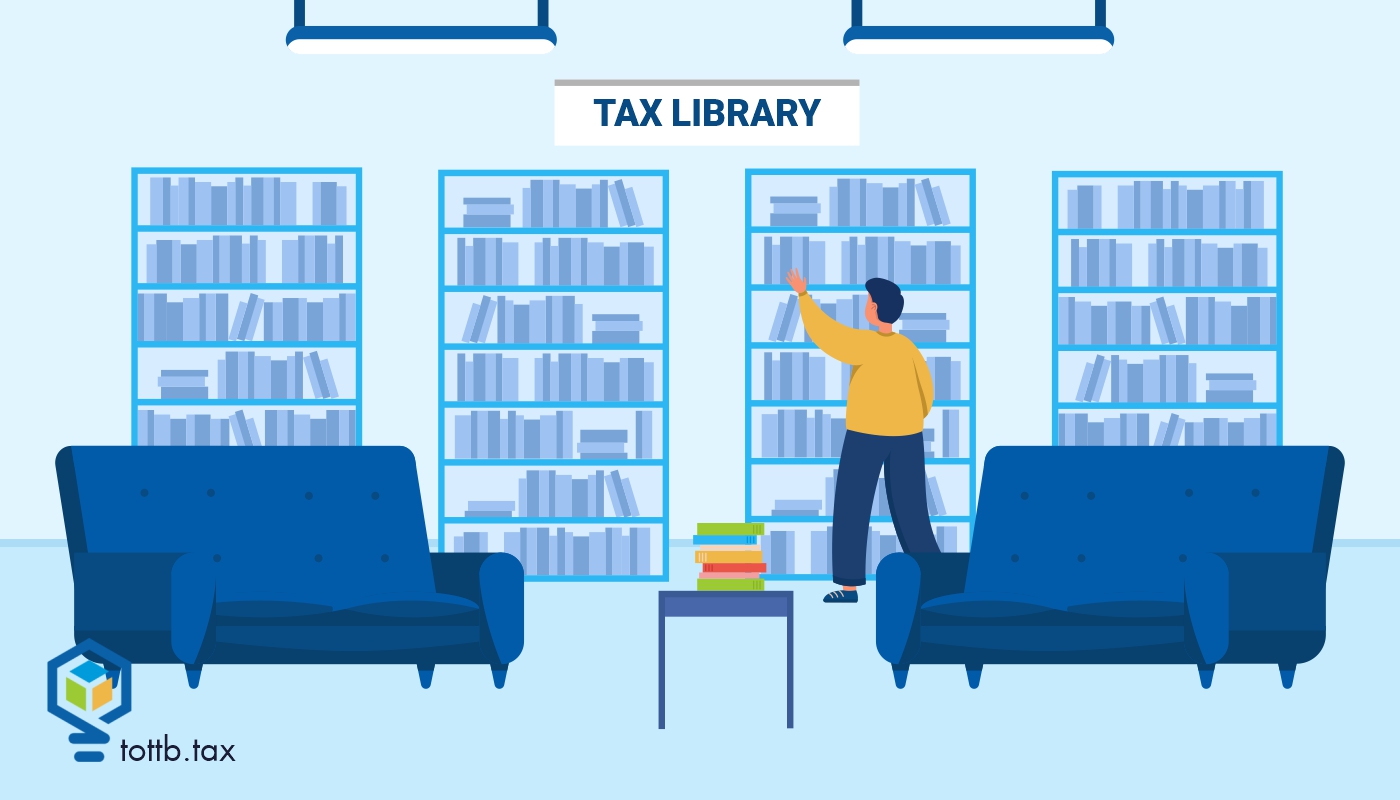CURRENT EDITION

OBBBA Rundown: Provisions Affecting Individuals for 2025
Enacted into law on July 4, 2025, the One Big Beautiful Bill Act is the biggest set of tax law changes since the 2017 Tax Cuts and Jobs Act (TCJA). The provisions discussed in this article impact individual taxpayers for tax year 2025 and must be considered immediately for proactive tax planning purposes, future tax withholding, and estimated tax payment calculations. Clients have questions, and we can generally give them the answers they seek; however, some will require future IRS guidance for complete clarity.
READ MOREIs the Residential Clean Energy Credit Worth It?
Have you ever gone into a dealership to purchase a car? It’s been a while for me, but one of the things that keeps me from vehicle shopping is just how difficult it is to ascertain the actual price of the vehicle. The salesperson wants to run a credit check and then talk to you about how much payment you can afford. They want to factor rebates and trade-in value of your existing vehicle to the payment they quote you without ever telling you what you are paying for the car. The entire negotiation often becomes about the monthly payment (regardless of the term of the loan) rather than the car’s price. Indeed, personal finance websites almost always recommend negotiating the three aspects of your car purchase separately: the vehicle’s price, the trade-in amount for your vehicle, and the financing. Otherwise, you run the risk of both buying more car than you can afford and being upside down in the loan (owing more on the vehicle than the vehicle is worth) shortly after you make the purchase. What does this have to do with the expansion of the Residential Clean Energy Credit, you ask? More than you might think. My husband, after talking to a neighbor, recently decided to start shopping for solar panel systems with the idea of saving money on (or largely eliminating) our monthly power bills. What followed was a crash course in residential solar energy sales and the associated economics.
Read MoreUnderstanding Accountable Plans: Tax Advantages for You and Your Business
Question: I’ve heard other planners talk about using an accountable plan to reduce tax, but how exactly does this save a taxpayer money? Answer: An accountable plan is a type of reimbursement arrangement between an employer and employee that meets certain IRS criteria. It often covers business expenses that an employee incurs while performing their job, such as travel costs, home office expenses, or supplies. The way this plan helps save money on taxes is through the appropriate treatment of reimbursements or allowances under the tax law. Did you know that reimbursements for out-of-pocket expenses are taxable income? Normally, reimbursements for expenses are income, and the employee needs to pay income tax on them. However, if the expenses meet the criteria of an accountable plan, they’re excludable from the employee’s income. This means the employee does not have to pay income tax, Social Security, Medicare, or unemployment taxes on these funds. What about the case of partners in partnerships and shareholders in S-corporations? These individuals often face out-of-pocket expenses that the respective partnership or S-corporation doesn’t reimburse. Is there a way for these individuals to reap tax benefits for these expenditures too? There used to be. Under pre-TCJA rules, employees and owners of partnerships and S-corporations could deduct ordinary and necessary expenses, which were unreimbursed from the business as a Miscellaneous Itemized Deduction subject to the 2 percent floor. To learn how to make sure your S-corporation and partnership out-of-pocket expenses are deductible, and reimbursements are not taxable to the owners, click here to read on.
Read MoreCautions in Tax Research — Finding True Guidance
The tax research process continues to grow increasingly complex for numerous reasons. This article notes several of these reasons and offers tips for your tax research process to be sure you have the latest appropriate guidance for answering tax questions and taking properly supported positions on tax returns.
Read MoreRecent Hobby Loss Developments
Section 183, which limits or entirely eliminates deductions attributable to activities not entered into for profit, may be coming in for more attention from an invigorated IRS. Section 183 is commonly referred to, not without reason, as the hobby loss rule. Based on my extensive study of the case law, I believe that practitioners widely misunderstand 183. I have noted cases where taxpayers had not gotten a heads up from their adviser. More commonly there is a misunderstanding of 183(d), a presumption in favor of taxpayers that is rarely relevant at all, but which the agency can never use against them. Most important is the failure to appreciate that it is the objective of making a profit not the expectation that is necessary. With that in mind here are the most recent developments...
Read MoreI Sell Feet Pics on the Internet, Can I Deduct My Pedicure? (And Other Questions of the Gig Economy)
“I’m going to get a pedicure later,” my wife said to me one Saturday morning. I quickly replied, “You should start an OnlyFans so you can deduct it.” (Everything has a tax angle when you’re married to a tax person.) “Is that really a thing?” she inquired. “Well…” I said, “It depends...” (Nothing is certain when you’re married to a tax person.) “...ordinarily I would say no, but in this case, it might be necessary.” (Everything is a tax pun when you’re married to a tax person.) In the “post” covid era, many taxpayers have turned to the gig economy. (Aside from the number of companies paying workers as contractors when they should actually be employees, but that’s a different topic for a different time.) Many of these gig workers are new to being self- employed and wonder what exactly they can “write off.”
Read MoreERC Rebellion: A CPA’s Toolkit for Dealing with Disregarded Advice
Question: I have several long-term clients I’ve advised they didn’t qualify for ERC under the requirements. I’ve discovered over time that all three were sold by an ERC mill and filed amended tax returns to claim credits. What are the risks they will be audited and what are my responsibilities in representing them? Should I release them as clients because they didn’t listen to me? Answer: You know, the Employee Retention Credit (ERC) might sound like a pretty sweet deal, especially if your business took a hit during the pandemic. It's a tax break designed to help you out. But don’t be fooled. It's not as simple as it sounds. You need to know the ins and outs before you jump in. Some new kids on the block, a bunch of specialist firms, are offering to help businesses claim this ERC. Unless you’ve been trapped in a cave (or under a pile of tax files) you’ve probably seen the mail, heard the commercials, clicked the ads. They make it seem so easy, don’t they? Just let us take care of everything and ignore the rules. This is music to the ears of employers – especially if we’ve already told them based on the rules, they don’t qualify. We want our clients to know they gotta be careful. These mills may promise you the moon and the stars, but the reality is, there's a pretty tight rule book on how and when you can claim the ERC. Misunderstanding these rules could mean you lose out on a potential $26,000 tax credit per employee. Worse, you could be tricked into claiming money you're not actually entitled to and end up with a nasty surprise later. And when you factor in the steep fees charged by these fly-by-nights, often up to 30% of promised refunds - there is a real risk of loss should these businesses lose their claims.
Read MoreThinking About Selling Body Parts as a Side Hustle? Review the Tax Consequences First!
Sometimes my mind is not the safest place to be. I mean face it, a few issues ago I wrote on best practices for doing Al Capone’s tax returns. But how did I even get started thinking about the taxability of a business dealing in black market organs? Well, it started when someone on social media (perhaps looking to supplement the income from their tax practice) asked if the gain on selling a kidney was taxable and, if so, what would be the seller’s basis in the organ? Then there was that time I was having dinner and adult beverages with some tax colleagues in Las Vegas, and we started talking about that old urban legend about waking up in a bathtub full of ice missing a kidney. It was a fun night, and we all woke up with all of our kidneys and other organs in place. Nevertheless, I found myself wondering (and continuing to wonder) about the tax consequences of transacting in human body parts—one’s own or those illegally harvested from others. Turns out, there have been some court cases on the topic which means that the discussion is more than merely theoretical.
Read MoreNOT A MEMBER YET?

SUBSCRIBE TO GET ALL OF OUR
GREAT ARTICLES AND RESOURCES!
CURRENT EDITION

OBBBA Rundown: Provisions Affecting Individuals for 2025
Enacted into law on July 4, 2025, the One Big Beautiful Bill Act is the biggest set of tax law changes since the 2017 Tax Cuts and Jobs Act (TCJA). The provisions discussed in this article impact individual taxpayers for tax year 2025 and must be considered immediately for proactive tax planning purposes, future tax withholding, and estimated tax payment calculations. Clients have questions, and we can generally give them the answers they seek; however, some will require future IRS guidance for complete clarity.

OBBBA Rundown: Provisions Affecting Businesses for 2025
Enacted into law on July 4, 2025, the One Big Beautiful Bill Act is the biggest set of tax law changes since the 2017 Tax Cuts and Jobs Act (TCJA). The provisions discussed in this article impact business taxpayers for tax year 2025 and must be considered immediately for proactive tax planning purposes, future tax withholding, and estimated tax payment calculations. Clients have questions, and we can generally give them the answers they seek; however, some will require future IRS guidance for complete clarity.

Big, Beautiful, and Oh So Salty: SALT and the OBBBA
The SALT cap has been one of the most argued pieces of the One Big Beautiful Bill Act as it has been making its way toward passage. Actually, tax professionals and politicians have been talking about the SALT cap (and looking for ways around it) since it was enacted as part of the Tax Cuts and Jobs Act. As most of you are aware, most TCJA provisions were set to expire at the end of 2025, including the SALT cap. We take a look at where they stand now.








